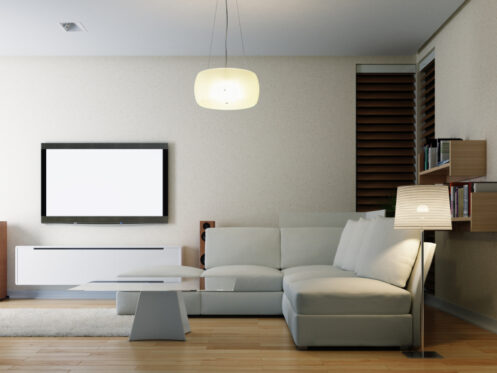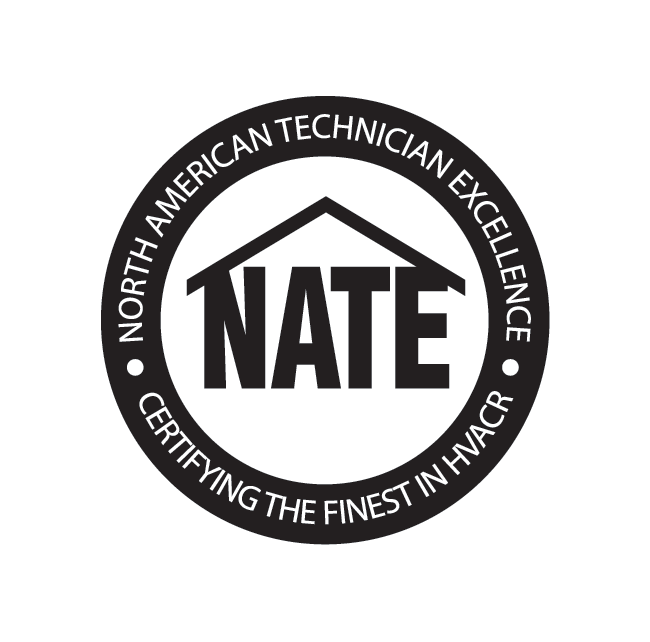Your Hudson, OH home should be a clean-air sanctuary. With a well-maintained and high-functioning HVAC system, you have the benefit of ongoing temperature control, humidity regulation, and air filtration. However, if being indoors triggers repeated bouts of sniffling, sneezing, and congestion, your HVAC system may be the culprit.
The Indoor Air Quality Benefits of HVAC
All the air that enters your HVAC system passes through its air filter. This component sieves out textile and carpet fibers, pet fur, human hair, dust, and many other large-sized particulates. With multiple heating or cooling cycles, even a standard air filter can have a noticeable impact on indoor air quality (IAQ). When you check and change your air filter, you’ll find a thick accumulation of collected allergens and contaminants on its surface that resembles a fuzzy, lint-like mat.
Heat pumps, air conditioners, and condensing furnaces also extract excess moisture during operation. This moisture is condensed and flows down a connected condensate drain to exit your home. This leaves your indoor air both lighter and drier. It also minimizes the likelihood of mold and mildew development. If your seasonal or chronic allergies are triggered by mold, keeping your HVAC system clean can help limit your symptoms.
Poor HVAC Maintenance and Its Impact on Your IAQ
All HVAC air filters have their limits. When collected debris becomes too thick or heavy, small clumps of this lint-like material can detach from air filters during system operation. If you’re in the habit of running your HVAC system with a dirty filter, you’ll likely find these clumps on or just behind your HVAC air vents. This loose debris can get trapped in air ducts. It can also reenter the indoor air and eventually settle on the sensitive, internal HVAC components.
If you aren’t changing your air filter often enough, your HVAC equipment is suffering for it. Dirty air filters lead to decreased performance, higher energy bills, and frequent repair issues. They also impact humidity regulation by impeding airflow, and this causes air inside the home to feel muggy and oppressive. According to the United States Environmental Protection Agency (EPA), when indoor humidity exceeds 60%, mold spores flourish. Having overly moist indoor conditions can wreak havoc on the respiratory health of those with asthma, allergies, and chronic obstructive pulmonary disease (COPD) among other ailments.
Unchecked HVAC Problems and Indoor Humidity
Just because your HVAC system turns on, this doesn’t mean that it’s working properly. Even working HVAC systems can have functional problems that impact IAQ, like:
- Dirty condenser and evaporator coils
- Blocked condensate drains
- Blocked air intake valves
- Blocked or damaged exhaust vents
These issues diminish IAQ and trigger allergy attacks by adding contaminants to the indoor air, promoting mold and mildew development and affecting filtration capabilities among other things.
Fixed vs. Fixable IAQ Concerns
Scheduling an IAQ assessment is a fantastic way to learn how your IAQ is affecting your allergies and your general health. Every home is different and has unique IAQ concerns. Some households are affected by high concentrations of volatile organic compounds (VOCs) and other gaseous chemical contaminants. Other households have copious amounts of pet dander, pollen, dust mites, and dust floating through the air.
IAQ testing also helps homeowners distinguish between fixed and fixable IAQ problems. For instance, you might have a dirty, blocked condensate drain or an air filter that isn’t on par with your needs. These are issues that you can fix. However, if you live near a busy freeway or active construction, these are fixed IAQ concerns and you may need integrated IAQ support to achieve the indoor air quality improvements you need.
Integrated IAQ Accessories
Among the easiest and least expensive ways to improve your indoor air quality and limit your allergy symptoms is to upgrade your air filter. All HVAC air filters come with maximum efficiency reporting value (MERV) ratings that run from one to 20. Standard air filters have MERV ratings of six to eight and only extract relatively large-sized particulates. Upgraded air filters with MERV ratings of 10 to 12 are often the best choice for allergy sufferers. With tighter filter mesh and larger surfaces areas, they extract more allergens and contaminants than their lower-rated alternatives.
Integrated IAQ accessories offer ongoing support. They include:
- Air scrubbers
- Air purifiers
- Sanitizing UV lights
- Whole-house humidifiers and dehumidifiers
Installed in or attached to HVAC air ducts, these secondary appliances treat conditioned air just before distribution. Some can extract airborne particulates as small as 0.3 microns. Others can deactivate gaseous chemical contaminants and destroy dangerous pathogens.
We help residents of Hudson, OH improve their indoor air quality with cutting-edge equipment and services. We also provide top-notch heating, air conditioning, and water heater services. If you need help battling allergens in your home, get in touch with Bernard Heating & Cooling now.




